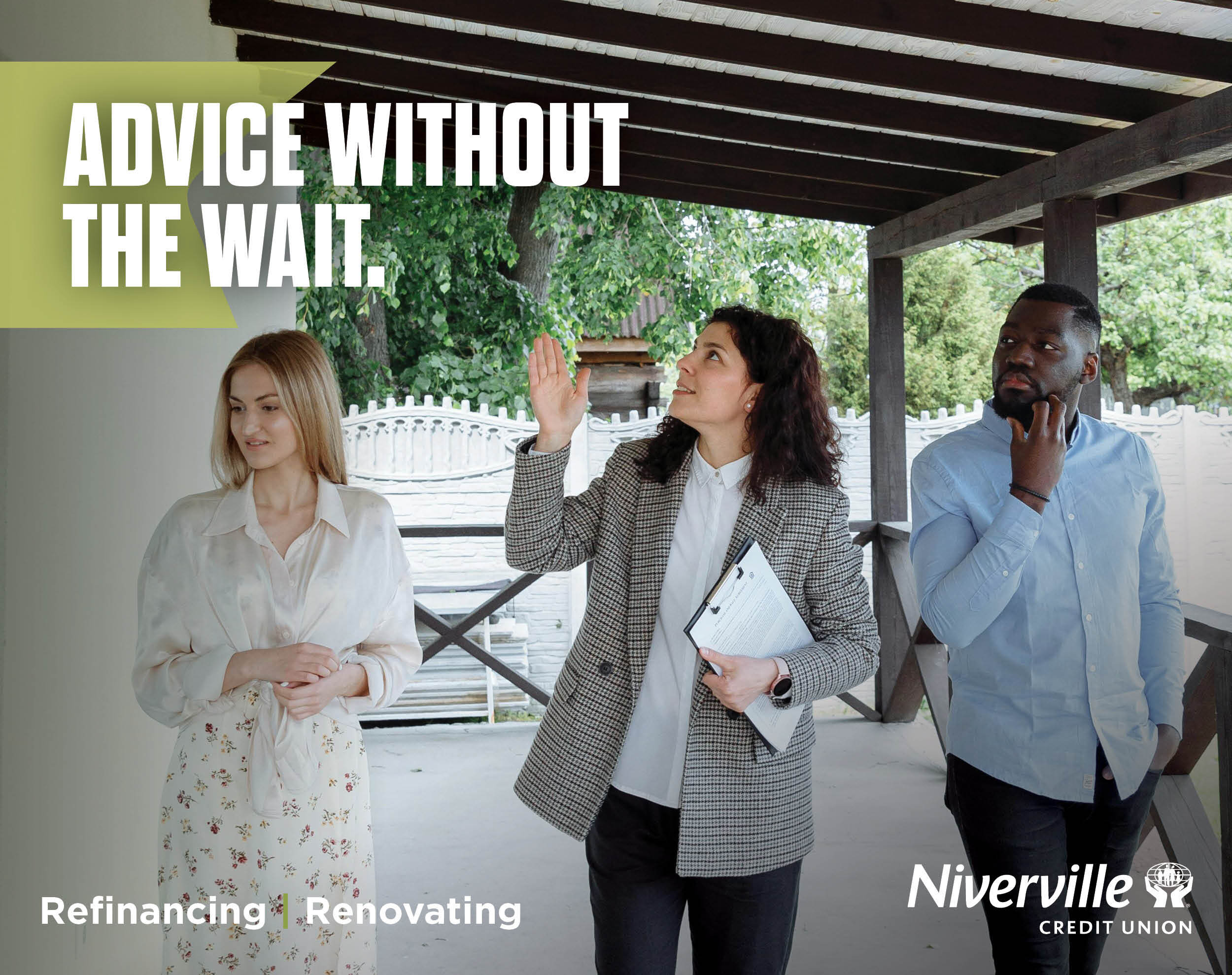
There’s an old saying that warns, “The cure is worse than the disease.” The implication is that the solution for a problem causes more harm than good.
This phrase made more sense back when the most cutting-edge medical technology available was to cover a person with leeches or cut off a limb at the first sign of infection.
Thankfully, medicine has advanced a great deal. While many treatments in our modern times come with side effects, sometimes significant ones, the cure is almost always preferable to the disease.
However, suppose you went to the doctor to discuss a condition and the doctor said, “We don’t have any evidence that your condition is harmful. That being said, we do have a treatment. It’s dangerous. In fact, it produces significant emotional and psychological distress. Some parts of it cause physical discomfort, and you’ll have a high risk of suicide.”
Hearing that, you may have questions for this doctor. Most prominent among them? “But surely this treatment at least has a reasonable chance of success?”
“Actually, there’s considerable evidence to suggest the treatment does absolutely nothing it’s intended to do,” the doctor replies.
At this point, even the most enthusiastic patient would likely make their excuses and depart in a hurry.
If you understand why our fictional patient wouldn’t want to undergo the treatment being offered, congratulations! You understand why conversion therapy is currently in the process of being banned in countries all around the world.
Conversion therapy, also known as reparative therapy, is a practice used—typically employed in Christian counselling—to attempt to reduce same-sex attraction and replace it with opposite-sex attraction.
Conversion therapy grew out of the prejudices and preconceptions of Western culture in the late nineteenth and early twentieth centuries, which considered same-sex attraction to be a mental disorder and a sign of a diseased or troubled mind. This resulted in years of attempts by psychologists, doctors, and religious leaders to “cure” same-sex attraction by various methods—some experimental, some dangerous, almost all ethically questionable.
Those who practice conversion therapy claim that same-sex attraction can be changed through specific methods of behaviour modification, including shaming, aversion therapy, and in some cases physically painful stimuli. It often has a religious basis.
For many years, conversion therapy has been derided as a pseudoscience, a set of practices that are claimed to be scientific but are instead based only on exaggerated, unproven, and often deceptive information. Conversion therapy has been condemned by professionals in the psychological and medical fields around the world. These professionals have been raising the alarm about conversion therapy not only because of its poor—one might say almost nonexistent—success rate, but also because of its profound negative effects on a person’s mental health.
As a mental health professional, those in my field can’t be more clear: the evidence surrounding conversion therapy is overwhelmingly negative. Multiple studies have shown little to no change in a person’s sexual orientation. What conversion therapy does seem to effect, though, is mental health—and not in a good way. There is considerable evidence proving that undergoing conversion therapy is traumatic, and individuals who have undergone conversion therapy, especially as children or adolescents, are at significant risk of suicide.
By contrast, the research in favour of conversion therapy has been both sparse and shallow. While a few studies in the late 90s and early 2000s showed some indication that conversion therapy could produce a measure of alteration in same-sex attraction, these studies were plagued with issues in their design and delivery, producing questionable results. In some cases, the results were gained by surveying paid employees of conversion therapy organizations, hardly an unbiased subject pool.
The use of conversion therapy to “cure” same-sex attraction is all the more concerning due to the fact that same-sex sexual orientation is not a mental illness. In 1973, the American Psychological Association (APA) removed homosexuality and same-sex attraction from its Diagnostic and Statistical Manual of Mental Disorders (DSM) after being presented with evidence that challenged the preconceptions many people in Western society held.
The APA has since affirmed same-sex attraction as a normal, even healthy variation of human sexuality, and has condemned the use of conversion therapy as dangerous and unethical.
It is not just psychologists who condemn conversion therapy. Prominent among its detractors are former proponents, such as John Paulk, former founder of Love Won Out and chairman of Exodus International, both organizations that promoted conversion therapy and the change of a person’s sexual orientation. Paulk denounced conversion therapy in 2013 after admitting it had not worked for him as he had previously claimed, and he formally apologized for the harm it had caused.
Multiple individuals involved in Exodus International have gone on to speak out against their former work with the organization and several have admitted to lying about the effect it had on them personally.
On October 1, 2020, the government of Canada reintroduced legislation on banning the practice of conversion therapy in Canada. This legislation is now one step closer to being written into law. This step, being repeated around the world, is absolutely crucial in protecting the health of LGBTQ citizens, especially children and adolescents.
Despite these positive steps, there are still some who pathologize same-sex attraction in our society—that is, they view it as a mental disorder or other negative personality trait. But as the research shows us, same-sex attraction is not a sign of a psychological problem and does not need to be treated as such.
Here is what research does say about the so-called treatment of same-sex attraction. Individuals with same-sex attraction are at an increased risk of experiencing stigma and rejection from their friends and families. The effects of stigma, rejection, and trauma are well-known and very damaging, and can result in an increased risk of depression, anxiety, and suicide. But when these people are in supportive environments, enjoying loving relationships and being treated with respect and acceptance, they are as psychologically healthy as everyone else.
It seems clear the best “treatment” then is not pseudoscientific therapies. Rather, the goal should be to treat others with respect, acceptance, and love—surely the same way we would all like to be treated in return.




















